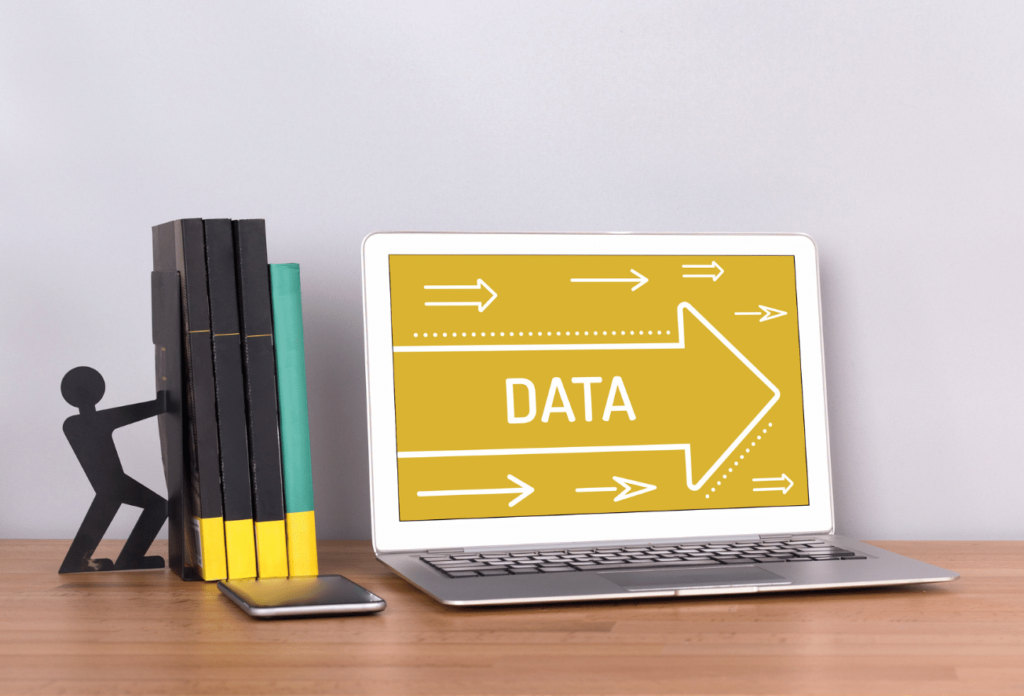
Legacy data is a pain point for many organizations. For healthcare organizations, it can be further complicated by regulations and compliance. That’s why you need a legacy healthcare data strategy. In this post, we’ll break down how to build one to ensure that data is accessible and secure.
Legacy Systems Are No Longer Serving Your Interests
Keeping a legacy system running to enable continued access to data is a losing proposition. When you adopt a new application, it’s always better to leave the previous one altogether. However, many healthcare organizations keep legacy systems afloat, and that’s costly and risky.
You’ll be paying high monthly fees for it to serve as a storage solution. It also may only be accessible on-site if it’s an on-premises system. The most concerning aspect is that businesses stop supporting legacy systems, meaning they are at higher risk of breach by cyber-criminals.
The Best Legacy Healthcare Data Strategy Involves Archiving
If you don’t want data to move to your new system, and you can’t purge it due to medical record retention guidelines, do you have other options? Yes, the simple alternative is archiving. You can migrate these records to a web-based healthcare data archiving platform. In doing so, you keep it secure and accessible.
First, such a system is HIPAA and HITRUST compliant. Second, developers employ encryption when the data is at rest and in transit. Finally, it includes multiple levels of security within the cloud to ensure its privacy and confidentiality.
You can also access such an application from anywhere with an internet connection with login credentials. The most elite solutions include searching and filtering options, as well. As a result, you can find what you need quickly and even run audit-ready reports.
Building Your Strategy: Questions to Consider
In building your legacy healthcare data strategy, you’ll need to consider the following:
- How many legacy systems do you have?
- What are the record retention laws in your state?
- What type of data is it—documents, text, images, etc.?
- Who needs access to the archived data?
With the answers to these questions, you can start developing your strategy. It should include:
- What data you’ll migrate and where it lives
- Who will have access and at what permission levels
- How long you’ll keep archived legacy data
By documenting your strategy and procedures, you can choose the best archiving solution and say goodbye to those legacy systems for good.
Not All Archiving Platforms Are the Same
It’s easy to think that all data archiving platforms are the same. There are various offerings available, but the first thing you should do is find one that’s healthcare-centric. That will cover the compliance and usability aspects. Next, you’ll want to ensure it can archive the data formats that you require. You’ll also want to be sure that you can have multiple users with access.
Finally, make sure it has the features you need to streamline workflows. For example, if you need to provide healthcare records for a specific patient, make sure you can search by patient and then create a report for export.
Get Control of Legacy Data by Archiving
Archiving data is the best avenue to rid yourself of legacy systems. We’re experts in healthcare data archiving and have securely moved billions of records for industry stakeholders. We invite you to experience our archiving solution, ViewMaster. See how it works and request your demo today.



